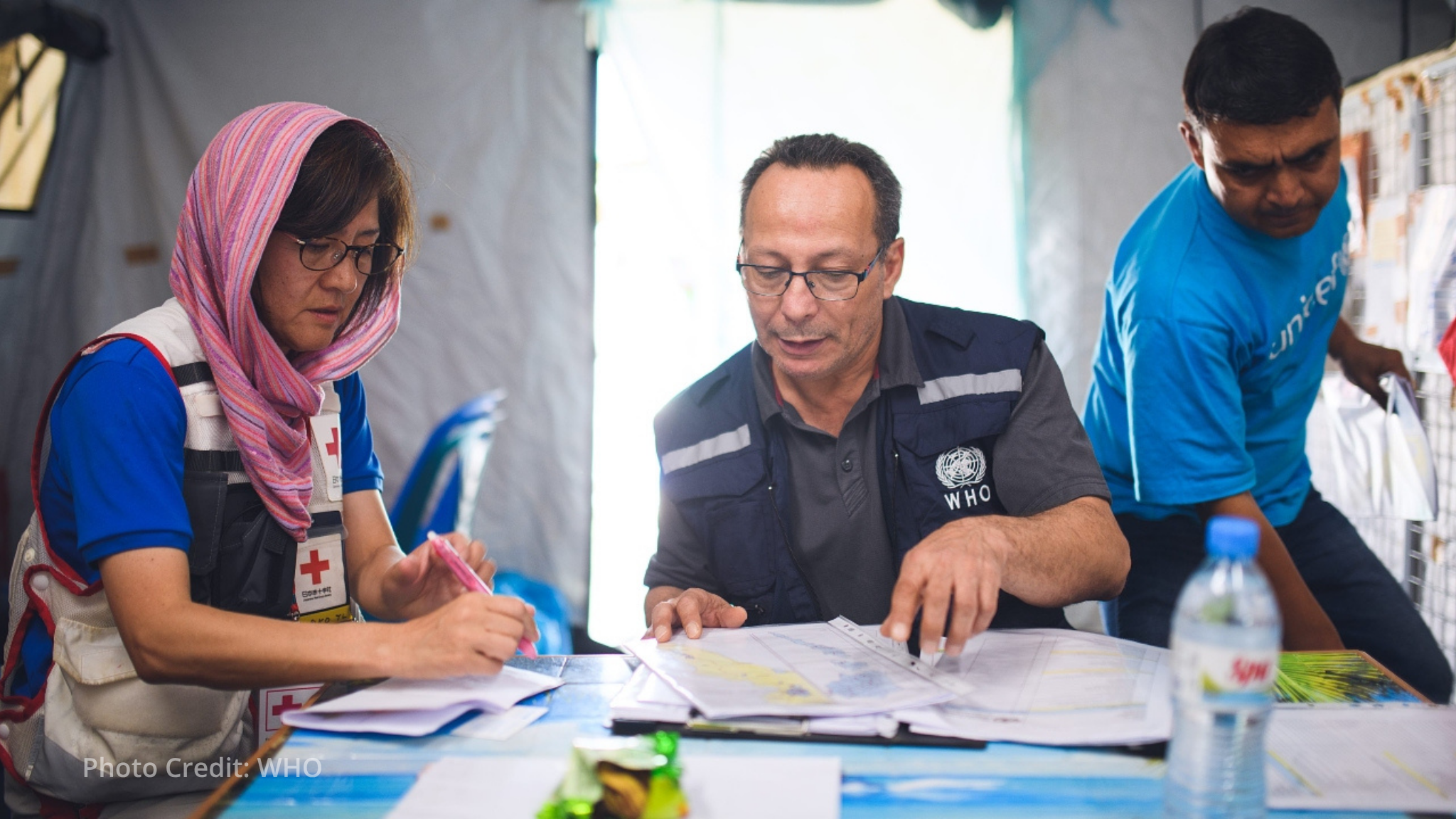World leaders showed strong support for the first-ever UN political declaration that tackles noncommunicable diseases and mental health together at yesterday’s high-level meeting in New York, according to World Health Organisation (WHO) announcement.
The declaration, titled “Equity and Integration: Transforming Lives and Livelihoods through leadership and action on noncommunicable diseases and the promotion of mental health and well-being,” emerged from five months of international negotiations. Heads of state, government officials, and health ministers gathered for the fourth UN General Assembly High-level Meeting on NCDs and mental health. The General Assembly will consider the declaration for final approval in October 2025. Countries want to address diseases that kill millions while also tackling the mental health crisis affecting over a billion people worldwide.
Noncommunicable diseases like heart disease, cancer, diabetes, and lung conditions killed at least 43 million people in 2021, including 18 million under age 70. Four out of five of these premature deaths occur in low- and middle-income countries where healthcare systems often struggle to cope with the burden. Mental health conditions affect more than a billion people globally but receive far less attention and funding than needed.
The declaration establishes global targets for 2030: 150 million fewer tobacco users, 150 million more people with controlled hypertension, and 150 million more people with access to mental healthcare. It expands the scope to include oral health, lung health, childhood cancer, liver disease, kidney disease, and rare diseases that were often overlooked in previous agreements. The document draws lessons from the COVID-19 pandemic and addresses new global challenges.
The declaration also confronts emerging threats like digital harms from social media, excessive screen time, and health misinformation. It calls for stricter regulations on e-cigarettes, unhealthy food marketing to children, better food labeling, and eliminating trans fats. The agreement gives special attention to climate-vulnerable populations, small island developing states, and people in humanitarian settings.
Countries now have a framework to fight diseases that affect every community while addressing mental health needs that have been neglected for too long.

